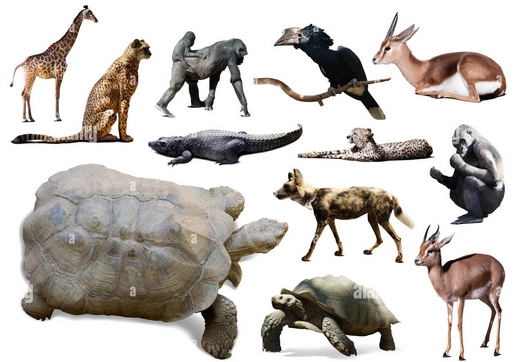
support@yorubalibrary.com
+2348073529208, 07038599574

Yoruba folklore is rich with stories that convey moral lessons, cultural values, and the wisdom of the Yoruba people. Among these tales, trickster stories stand out for their humor, wit, and clever characters. This article delves into the world of Yoruba trickster tales, exploring their themes, characters, and significance.
The Role of Trickster Tales in Yoruba Culture
Trickster tales are an integral part of Yoruba oral tradition, often told by elders to entertain and educate. These stories feature clever characters who use their wit and cunning to overcome challenges, often highlighting the importance of intelligence, resourcefulness, and moral conduct.
Key Trickster Characters
Several trickster characters are prominent in Yoruba folklore, each with unique traits and roles. These characters often represent human virtues and flaws, making the tales relatable and instructive.
Ijapa the Tortoise
Ijapa, the tortoise, is perhaps the most famous trickster in Yoruba folklore. Known for his cleverness and sly nature, Ijapa uses his intelligence to outsmart others and navigate difficult situations. His stories often carry moral lessons about the consequences of greed, deception, and pride.
Example Tale: Ijapa and the Feast
In one popular tale, Ijapa tricks the animals into inviting him to a feast. To prevent him from attending, the animals give him a pot with a hole to fetch water, thinking it impossible. Ijapa cleverly plugs the hole with his finger, successfully fetching water and earning his place at the feast. This story illustrates the theme of resourcefulness and ingenuity.
Ekun the Leopard
Ekun, the leopard, is another prominent trickster character. Unlike Ijapa, Ekun relies on his strength and cunning to achieve his goals. His tales often explore themes of power, justice, and retribution.
Example Tale: Ekun and the Hunter
In one tale, Ekun outsmarts a hunter who tries to trap him. The leopard pretends to be dead, luring the hunter into a false sense of security. When the hunter approaches, Ekun springs up and escapes, teaching the lesson that appearances can be deceiving and that one should always be vigilant.
Erin the Elephant
Erin, the elephant, is depicted as wise and strong but sometimes gullible. Trickster tales involving Erin often highlight the balance between strength and intelligence.
Example Tale: Erin and the Small Animals
In a classic tale, Erin is tricked by smaller animals who convince him to help them with various tasks, only to exploit his labor. This story emphasizes the value of wisdom and the need to be cautious of those who may take advantage of one's good nature.
Themes and Lessons in Trickster Tales
Yoruba trickster tales are rich in themes and lessons that reflect the values and ethics of Yoruba society. These stories are not just for entertainment but serve as a means of imparting important life lessons.
The Value of Intelligence
Many trickster tales underscore the importance of intelligence and cleverness. Characters like Ijapa and Ekun often succeed not through brute force but through wit and strategic thinking.
Consequences of Greed and Deception
Trickster tales frequently address the consequences of greed, deceit, and dishonesty. Characters who engage in unethical behavior often face repercussions, reinforcing moral conduct and integrity.
The Importance of Caution and Vigilance
These tales also teach the value of caution and vigilance. Characters who are too trusting or fail to consider potential dangers often fall victim to trickery.
Contemporary Relevance
Yoruba trickster tales continue to be relevant in contemporary times. They are told in various forms, from oral storytelling sessions to books and animated films, preserving the cultural heritage and imparting timeless lessons to new generations.
Educational Value
In schools and educational programs, Yoruba trickster tales are used to teach language, culture, and moral values. They provide engaging and memorable ways to impart important lessons to children and young adults.
Cultural Preservation
Efforts to document and share these tales through books, recordings, and digital media help preserve Yoruba folklore for future generations. By keeping these stories alive, the rich cultural heritage of the Yoruba people continues to thrive.
Conclusion
Yoruba trickster tales are a vital part of the cultural fabric, offering entertainment, moral lessons, and a glimpse into the values of the Yoruba people. Characters like Ijapa, Ekun, and Erin embody human traits and experiences, making their stories timeless and universal. Preserving and sharing these tales ensures that the wisdom and humor of Yoruba folklore continue to inspire and educate.

Learn about the Yoruba concept of Ìwà Pẹ̀lẹ́ (good…

Learn special praises for Divine Being and Creator…